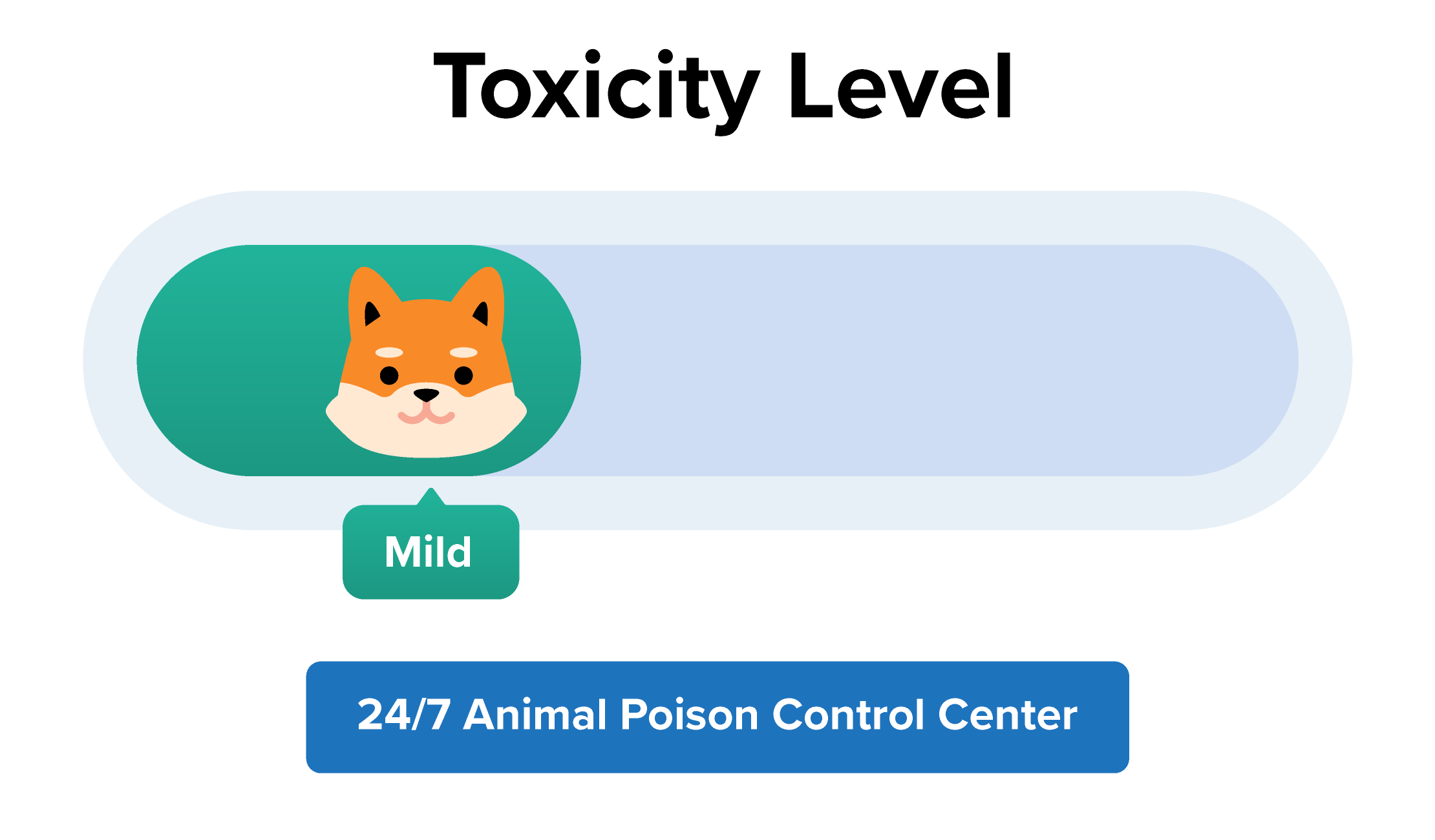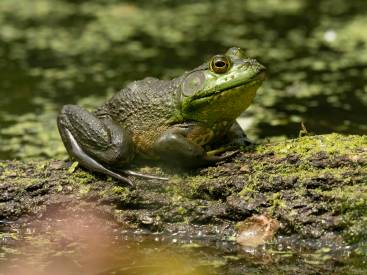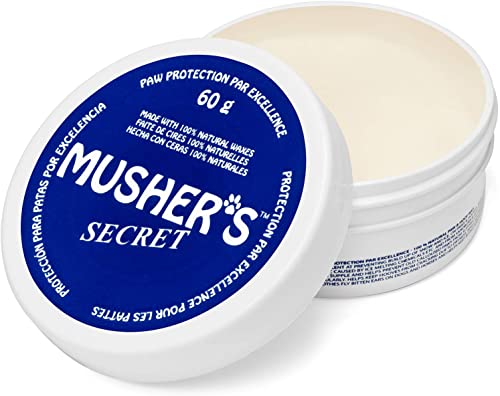Flies—they can be an unpleasant fact of summer. They buzz around when you’re cooking inside or grilling outside. And they want to be invited the picnic every time! They’re a huge nuisance!
Connect with a verified veterinarian in minutes. Licensed vets are available 24/7 to answer your questions. No need to worry about your furry family member.
Flies and Dogs
Did you know that flies live on a liquid diet? They don’t have jaws to chew up their food, so they drink it instead. This may gross you out, but flies liquefy their food by regurgitating digestive juices into solid foods. The juices act to break down the food, so the fly can drink it. Now we know why our mothers always said to cover up the food when it’s sitting! Yuck!
Flies can taste with their feet! Their taste receptors are found in their feet and lower legs. In fact, if you see a fly wandering around on food before settling down, it’s because he’s looking for the tastiest part to consume!
It’s also known that flies can spread diseases including Salmonella and E. coli. They can thus spread these bacteria to our foods, on surfaces, and even cooking utensils. Flies can also transmit other diseases including typhoid fever, cholera, leprosy and tuberculosis.
Another interesting fact is that flies can see behind themselves. This is because of the way their eyes are made. The eyes of a fly are compound, and they have a field view of 360-degrees! They can see in all directions, making it easier for them to fly without running into things. They can also better see danger. Have you ever wondered why a fly can escape your fly swatter coming at him? It’s because of his eyes.
House flies have a very short lifespan of 30 days. During this time, however, they’re busy laying up to 500 eggs during their life. This is how a fly infestation can develop so quickly.
Does your dog like to eat flies? Many dogs do. But are flies safe for dogs?
Flies Are OK for Dogs
Many dogs love to chase flies. It’s a great game to see who can be faster! Part of the game for some dogs is the catching and eating of the fly.
What about flies and the diseases they carry? Thankfully dogs have a short digestive tract that’s acidic. Their digestive tract is highly efficient when it comes to killing the nasties that flies carry. For this reason, your dog probably won’t get sick.
It’s safe to let your canine companion enjoy all the flies he wants. He will enjoy the game, and eat a little extra protein at the same time!
Connect with a verified veterinarian in minutes. Licensed vets are available 24/7 to answer your questions. No need to worry about your furry family member.

Julie
Julie is a graduate of the University of North Carolina, Wilmington, where she studied Animal science. Though contrary to the opinion of her parents she was meant to study pharmacy, but she was in love with animals especially cats. Julie currently works in an animal research institute (NGO) in California and loves spending quality time with her little cat. She has the passion for making research about animals, how they survive, their way of life among others and publishes it. Julie is also happily married with two kids.
Review symptoms, medications & behavior to keep your pets healthy with a Vet Online in just minutes.
Ask a Vet Live Now




